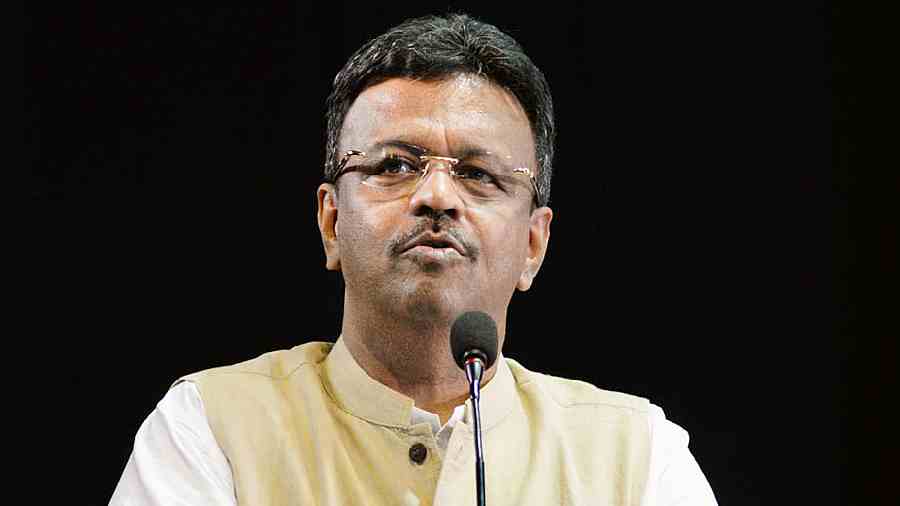The Kolkata Municipal Corporation is “helpless” in battling dengue as people “are nonchalant and allowing mosquito breeding sites at their homes”, mayor Firhad Hakim said on Saturday.
The civic body does not have “lakhs of people who will visit every nook and corner of the city”, Hakim added, virtually putting the blame on Kolkatans for the rise in dengue infections.
Many Kolkatans questioned whether the civic body was doing enough and with sincerity.
They complained that visits by vector-control workers in their neighbourhoods were infrequent.
Many have not seen vector-control workers for months. The ones who have had such a team at home said such visits were once in several weeks.
An egg of the Aedes aegypti mosquito turns into a fully developed mosquito in 8 to 10 days. A revisit after 15 or 20 days loses its desired impact, said an entomologist.
The KMC also has the power to impose penalties on those guilty of keeping stagnant water where mosquitoes breed.
But not a single person has been taken to court for imposition of penalties, said an official.
In many instances, awareness campaigns are done only to tick the box rather than with the intent of making people realise the threats from dengue and what steps should be taken to prevent it.
A Gariahat resident said on Saturday that he heard a muffled voice emanating from an autorickshaw on Hindusthan Road. The autorickshaw was giving out a message on steps required to be taken to prevent vector-borne diseases — dengue and malaria.
“The voice was muffled, what the man was saying was incomprehensible,” the elderly man said.
Many Kolkatans have also said that the roving autorickshaws do not deliver their message by waiting in an area but keep moving.
“No person can hear more than two sentences. The entire message is not delivered to anyone. These things may seem small, but they have consequences,” said a Behala resident.
More than 700 dengue cases have been reported in the city this year. Four persons are known to have died from dengue. A senior official of the state health department said 415 new dengue cases were reported from the state on Saturday.
“Relatively more number of dengue cases are being reported from Kolkata, North 24 Paganas, Howrah, Hooghly, Murshidabad and Darjeeling,” said the official.
An expert in health communication said such campaigns were always more intense only when infections were rising.
“Campaigns have to be run round the year to drive home the message,” said Madhumita Dobe, former head of the department of health promotion and education at the All India Institute of Hygiene and Public Health.
The mayor sounded exasperated when he spoke on Saturday. “How far can we go? Our teams are finding mosquito larvae on terraces, in flower pots and inside homes. People are still so nonchalant. Dengue is increasing because of non-cooperation from some people. The KMC does not have lakhs and lakhs of people who will go into every nook and corner of the city. People have to come forward and participate in the fight against dengue.”
Dobe said that people’s reactions to any disease depended on how they perceived the disease. “People act cautiously if their perception of the severity of illness is high.”
